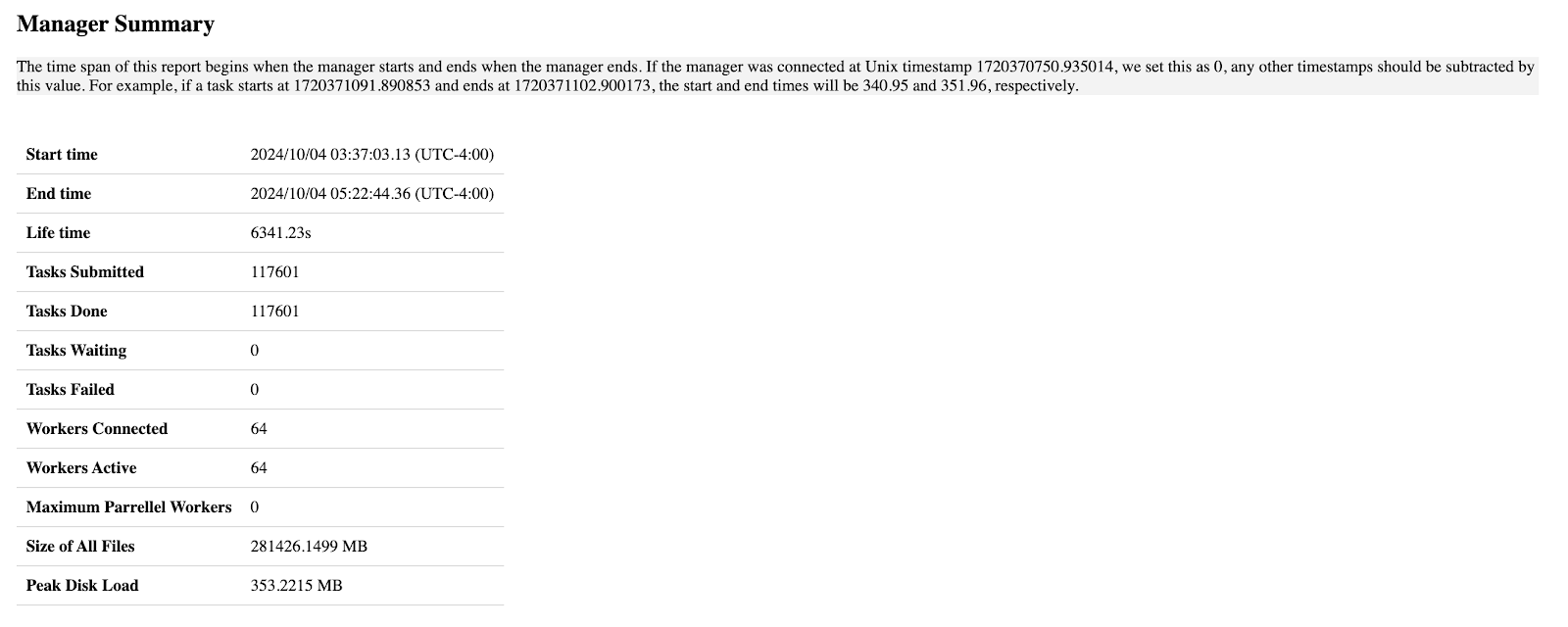About the CCL
We design software that enables our collaborators to easily harness large scale distributed systems such as clusters, clouds, and grids. We perform fundamental computer science research that enables new discoveries through computing in fields such as physics, chemistry, bioinformatics, biometrics, and data mining.CCL News and Blog
- CCL Team at GCASR 2025 (22 May 2025)
- Reshaping High Energy Physics Applications Using TaskVine @ SC24 (14 Jan 2025)
- Shepherd Paper at WORKS/SC 2024 (07 Jan 2025)
- Data Pruning Mechanism in Daskvine (09 Dec 2024)
- TaskVine + Parsl Integration (01 Dec 2024)
- Accelerating Function-Centric Applications via Reusable Function Context in Workflow Systems (11 Nov 2024)
- A New Visualization Tool for TaskVine Released (04 Nov 2024)
- Integrating TaskVine with Merlin (16 Oct 2024)
- Introducing Shepherd: Simplifying Integration of Service Workflows into Task-Based Workflows (14 Oct 2024)
- (more news)













Community Highlight
The Field Scanalyzer at the University of Arizona is a massive robot that uses sensors, cameras, and GPS devices to collect vast quantities of agricultural data from crop fields. In the background, distributed computing and deep learning techniques are used to understand and improve agricultural efficiencies in hot, dry, climates. Processing all this data requires reliable computation on large clusters: the PhytoOracle software from the Lyons Lab at UA makes this possible, building on the Work Queue software from the Cooperative Computing Lab at Notre Dame.
- Source: Eric Lyons University of Arizona
